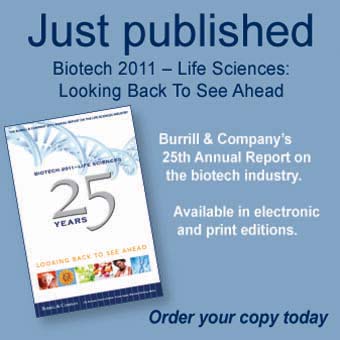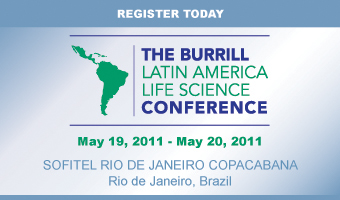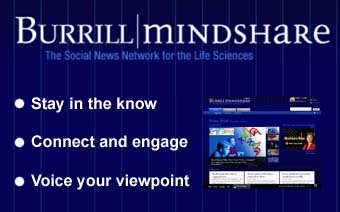“We have shown that working long days is associated with a remarkable increase in risk of heart disease.”
Perhaps this will not come as much of a surprise, but I’d prefer to be sitting on beach in Hawaii sipping on a Mai Tai right now rather than sitting at my desk, fueled by a warm Diet Coke, and trying to squeeze in some writing between calls and meetings.
That work is bad for your health–at least working long hours, does not come as much of a surprise. But a new study from researchers at the University College London puts some hard data behind such claims finding that working more than 11 hours a day increases a person’s risk of heart disease by 67 percent compared to working seven to eight hours a day.
The research, published in the Annals of Internal Medicine, used data from a study that has collected data on the health and wellbeing of more than 10,000 civil service workers in 1985 and followed them for 11 years. They culled from the study data on more than 7,000 participants who worked full-time and were free of heart disease or angina at the start of the study.
“We have shown that working long days is associated with a remarkable increase in risk of heart disease,” says Mika Kivimaki, leader of the study, who added asking patients about the hours they work should be included in routine physical exams. “This new information should help improve decisions regarding medication for heart disease. It could also be a wake-up call for people who overwork themselves, especially if they already have other risk factors."
But before embracing a life of blissful unemployment, consider this. A separate study from researchers at McGill University and the State University of New York, Stony Brook finds unemployment increases the risk of premature mortality by 63 percent. The researchers based their findings on existing research including 20 million people in 15 countries over 40 years.
The researchers say the quality of healthcare systems didn’t seem to matter. They found the correlation between unemployment and a higher risk of death was the same in all countries covered in the study. While there has previously been a link made in research literature between unemployment and a higher risk of death, the study is believe to be the first to suggest this is a causal relationship.
“Until now, one of the big questions in the literature has been about whether pre-existing health conditions, such as diabetes or heart problems, or behaviors such as smoking, drinking or drug use, lead to both unemployment and a greater risk of death,” says McGill Sociology Professor Eran Shor, who lead the study. “What's interesting about our work is that we found that preexisting health conditions had no effect, suggesting that the unemployment-mortality relationship is quite likely a causal one.”
He says this probably has to do with unemployment causing stress and negatively affecting one’s socioeconomic status, which in turn leads to poorer health and higher mortality rates. I might add that sipping a Mai-Tai on a beach in Hawaii does tend to suck stress from the body, but can offer no hard data to back this up.
The bad news gets worse for men. While unemployment raised the risk of death for women by 37 percent, it raised the risk of death for men by 78 percent. And, the researchers found that the risk of death is particularly high for people under the age of 50.
"We suspect that even today, not having a job is more stressful for men than for women," says Shor. “When a man loses his job, it still often means that the family will become poorer and suffer in various ways, which in turn can have a huge impact on a man's health by leading to both increased smoking, drinking or eating and by reducing the availability of healthy nutrition and health care services.”
The authors of the first study suggest that information on working hours could be useful to doctors when calculating a patient’s risk of heart disease, alongside other health measures such as blood pressure, diabetes and smoking habits. The researchers from the second study say public-health initiatives could target unemployed people for more aggressive cardiovascular screening and interventions aimed at reducing risk-taking behaviors.
All that is fine, but such approaches will only detect disease rather than prevent it. Since the common link here is stress, and both long hours and unemployment appear to be a problem, I’m willing to try a new approach. Instead of a coffee break, perhaps a better approach would be to get in the habit of putting my feet up on my desk at work, playing a little Don Ho on the MP3 player, and sipping on Mai-Tais. I don’t know that it will do much for productivity, but after a while I suspect I really won’t care.
April 06, 2011
http://www.burrillreport.com/article-damned_if_you_do_damned_if_you_don%e2%80%99t.html






.gif)
